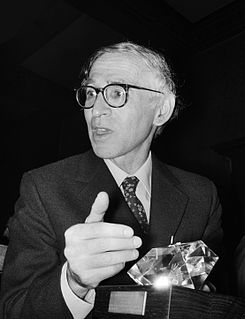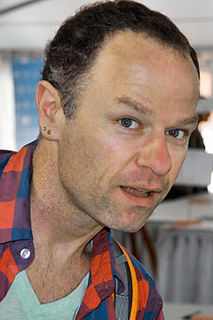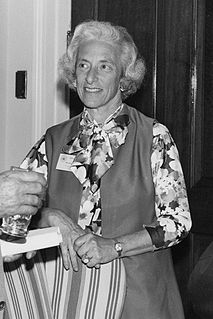A Quote by Theodora Goss
I had a short story collection come out in 2006, and then I couldn't work on large projects for a long time because I was finishing my doctoral degree.
Related Quotes
A short story is a sprint, a novel is a marathon. Sprinters have seconds to get from here to there and then they are finished. Marathoners have to carefully pace themselves so that they don't run out of energy (or in the case of the novelist-- ideas) because they have so far to run. To mix the metaphor, writing a short story is like having a short intense affair, whereas writing a novel is like a long rich marriage.
Usually at the end of each story we're thrown clear out of the story's world and then we're given a new world to enter. What's unique about a linked collection is that it can deliver both sets of narrative pleasures - the novel's long immersion into character-world and the story anthology's energetic (and mortal) brevity - the linked collection is unique in its ability to be both abrupt and longitudinal simultaneously.
These short stories are vast structures existing mostly in the subconscious of our cultural history. They will live with the reader long after the words have been translated into ideas and dreams. That's because a good short story crosses the borders of our nations and our prejudices and our beliefs. A good short story asks a question that can't be answered in simple terms. And even if we come up with some understanding, years later, while glancing out of a window, the story still has the potential to return, to alter right there in our mind and change everything.
I think I succeeded as a writer because I did not come out of an English department. I used to write in the chemistry department. And I wrote some good stuff. If I had been in the English department, the prof would have looked at my short stories, congratulated me on my talent, and then showed me how Joyce or Hemingway handled the same elements of the short story. The prof would have placed me in competition with the greatest writers of all time, and that would have ended my writing career.
I like to envision the creation of a short story collection as being like putting together a jazz album. Yes, there's logic and literary structures imposed by me, but at the same time, all the tracks are shaped and ordered in a much more improvisational manner. The guiding principle for me is whether or not a story adds a layer or texture to the overall collection.
I decided to make myself a little less precious with my storytelling. I think you can see from the first three pieces in the book that I have a long term relationship with the short story as a form and I really love an elegantly crafted story that has several elements that come together in a way that is emotionally complex and different from when we started. That kind of crystalline, perfect, idealized thing that the short story as a genre has come to represent.
It can take years. With the first draft, I just write everything. With the second draft, it becomes so depressing for me, because I realize that I was fooled into thinking I'd written the story. I hadn't-I had just typed for a long time. So then I have to carve out a story from the 25 or so pages. It's in there somewhere-but I have to find it. I'll then write a third, fourth, and fifth draft, and so on.




































